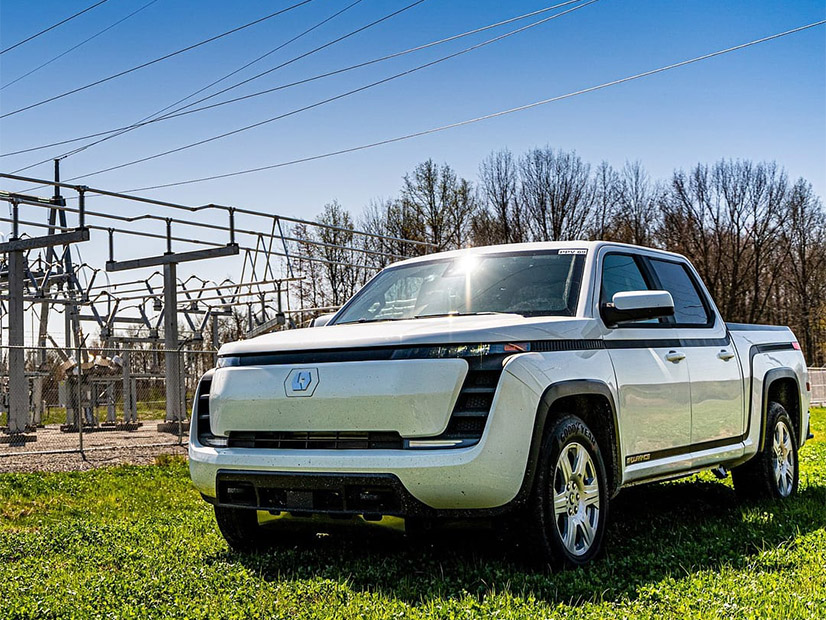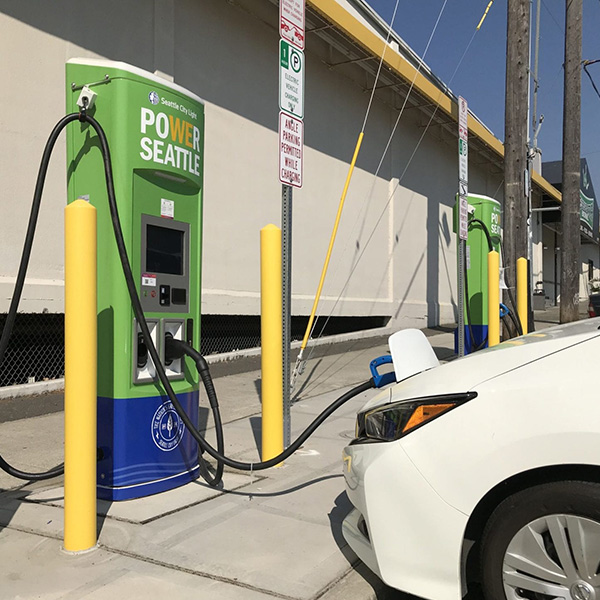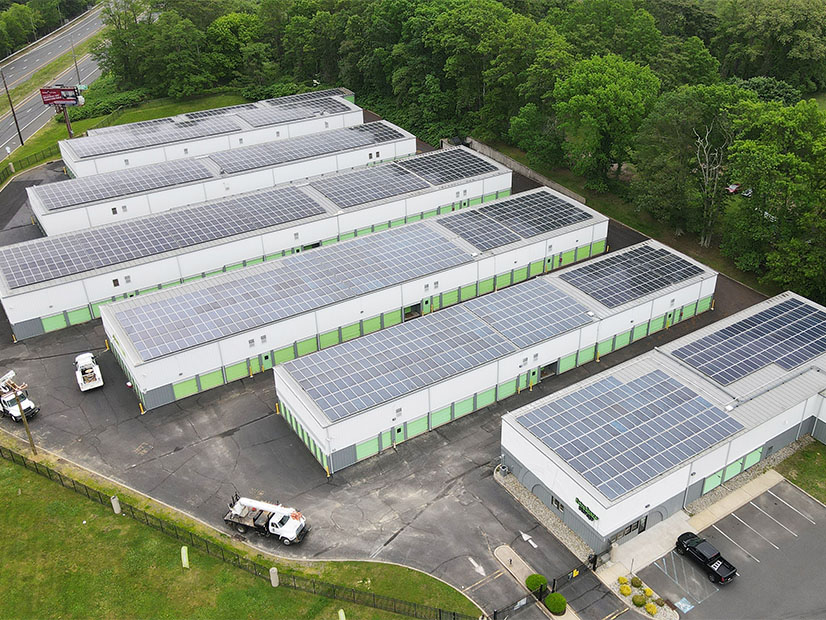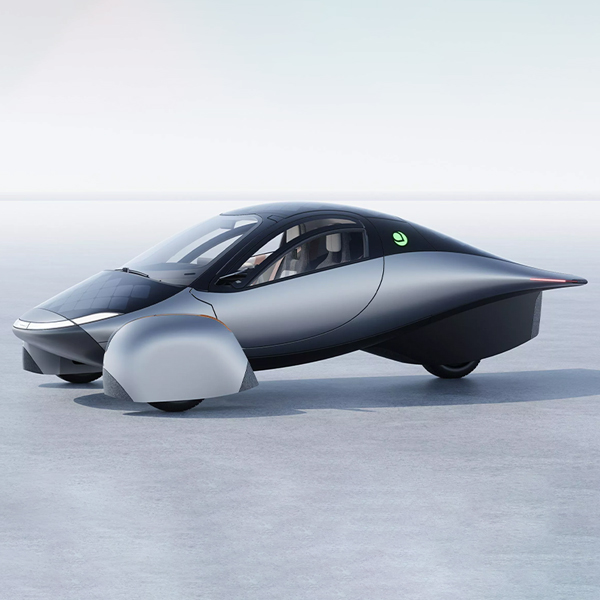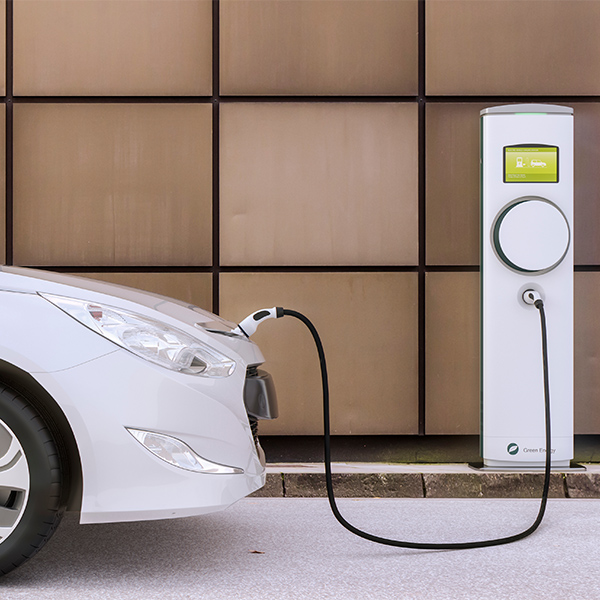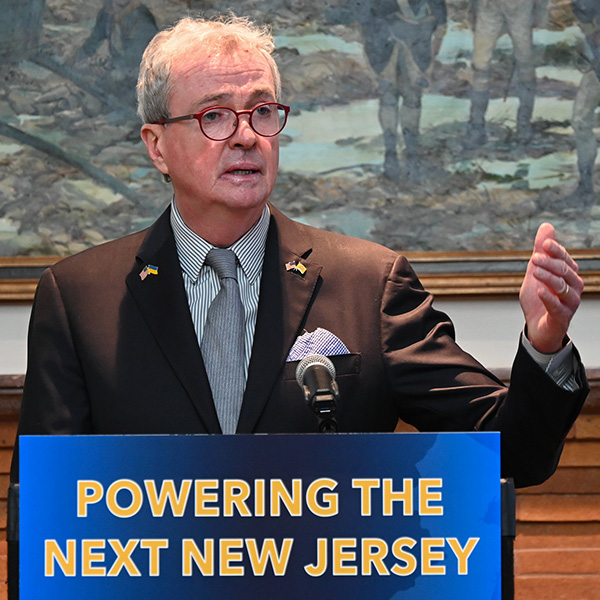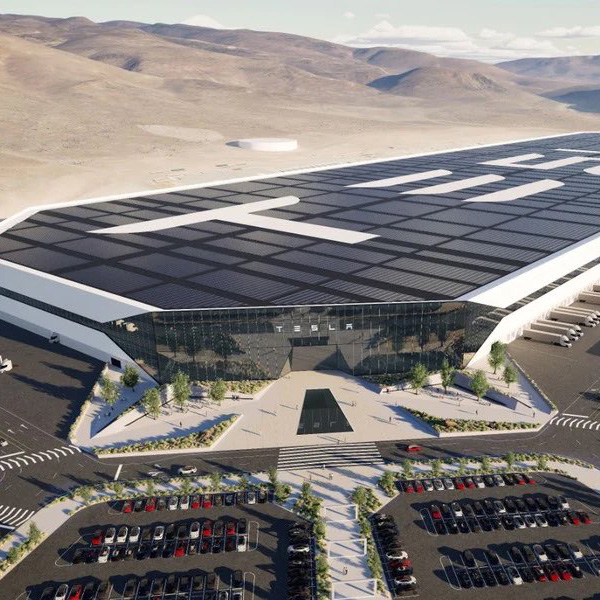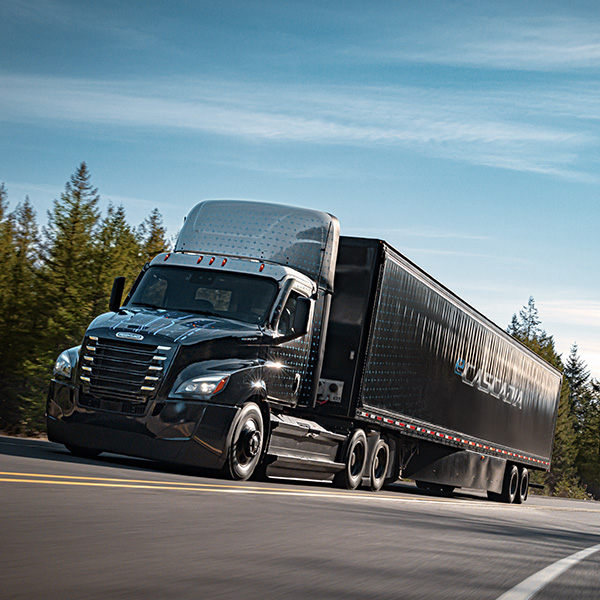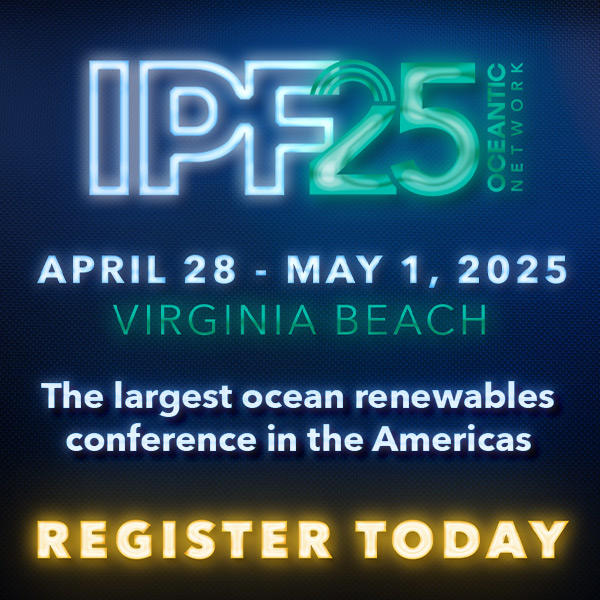Transportation Decarbonization
Airplane DecarbonizationEV chargersHeavy-duty vehiclesBattery Electric Buses (BEB)Fuel Cell Electric Buses (FCEB)Light-duty vehiclesBattery Electric VehiclesFuel Cell VehiclesPlug-in hybrid electric vehiclesShip electrificationClean Ports
Lordstown Motors announced it had stopped production of its battery-electric pickup truck, the Endurance, and would voluntarily recall those already sold.
The bill to create a road usage fee for electric and hybrid vehicles in Washington is more of a conversation starter than a nailed-down piece of legislation.
The New Jersey Senate Environment and Energy Committee has backed bills that would increase the state’s planned community solar program by 50%.
A legislative effort to make Washington more attractive to the alternative jet fuel industry has reached the state Senate’s Ways and Means Committee.
The California Energy Commission granted two companies $31 million to produce three-wheeled solar-powered electric cars and hydrogen powered big rigs.
The FHWA announced key details of its effort to create a national EV charging network, including minimum standards and a plan for domestic content requirements.
Gov. Phil Murphy outlined initiatives to accelerate reaching net zero, including 2035 targets for ending power sector emissions and selling of gas-powered cars.
Tesla has been gobbling up economic development incentives in Nevada, including the entire Northern Nevada allocation for an electric rate rider program.
Current electric trucks could replace 20% of the diesels hauling cargo from the Port of NY-NJ, but full electrification will require trucks with longer ranges.
The state is seeking to stoke interest in EV truck purchases as it prepares to launch a $46M second phase of its incentive program for fleet chargers.
Want more? Advanced Search
